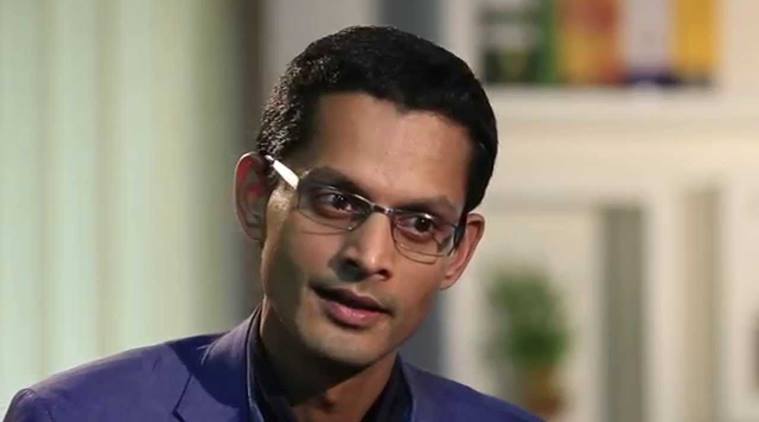
Inhabiting dualities defined Shamnad Basheer. Nicola Lacey, biographer of the eminent legal philosopher H L A Hart, wrote that Hart was surely an insider to Oxford philosophy, but always saw himself on the margins. Memories of Basheer kindle something similar: Inspiring students, intervening socially, recognised publicly and yet, secluded and distant. His energy and innovative impulses stemmed from a fertile yet tumultuous intellectual and personal space.
We were colleagues, flatmates and friends. I admired how despite his dilemmas, Basheer inspired students. Whether in the successful Increasing Diversity by Increasing Access (IDIA) programme, the Spicy IP blog, or research initiatives; students remained central to his work: They worked incessantly on his projects, voluntarily. IDIA volunteers would undertake arduous journeys to train underprivileged children. This did take a toll on competitive law students, but with Basheer’s leadership, they excelled academically and in voluntary work: He instilled an ethic for voluntary work that will inspire generations.
Basheer’s energy shines through in his multi-dimensional academic career, which was marked by controversies and pathbreaking achievements. Basheer studied at NLSIU and Oxford, and taught in India and the US. He lectured globally and was the most recognised Indian in the world of intellectual property.
Fame, however, invites scrutiny. His work was plagiarised by the Mashelkar Committee Report on patent reforms for drugs, and Basheer had generously dismissed it saying it was for a public cause. However, it was his own friends and peers from NLSIU who argued that Basheer should have revealed his research funders, some being stakeholders.
Basheer, however, was always irrepressible. He increased public interest in IP law through the Spicy IP blog, which he founded in 2005. Simultaneously, he intervened in public issues on IP. Some of his notable interventions were those in favour of the rights of disabled persons to access copyrighted material, and the right of fair use by students in the famous Delhi University photocopy case.
Basheer also walked the tightrope in the Novartis case, concerning the patenting of the life-saving drug Glivec. He was balancing intellectual justification against public emotion, proprietary rights against public welfare. The Supreme Court heard him at length as an “academic intervenor”. His arguments went a long way in disallowing Glivec to be patented. However, Basheer’s arguments were double-edged for both sides. He was against Novartis in concluding that Glivec did not qualify to be an invention, and against human rights groups in concluding that excessive pricing was not a ground for patent denial. For those sceptical of the neutrality of law and opinion, it is difficult to say where Basheer’s heart lay. But his actions set a precedent to enrich judicial discourse through academic intervention.
Basheer and I had joined NUJS, Kolkata, at its pinnacle. Mahendra Pal Singh had created a free but rigorous intellectual environment: Sound academics like Basheer and Sudhir Krishnswamy were appointed as full-time professors, fresh talent like Prabhash Ranjan and Chinmayi Arun were nurtured. Basheer tilled this fertile ground and, subsequently, IDIA emerged. Its initial days witnessed both opposition and support. There was talk of Common Law Admission Test (CLAT) being reformed: For it to vernacularise, be a test of potential rather than information, blunt advantages of coaching, and, to bridge the urban-rural divide. IDIA, many of us argued, would help get in some disadvantaged students into a system of privilege, and legitimise it by painting it as inclusive. Basheer took criticism on board, but perhaps the visionary in him saw that in our pathological democracy, starting somewhere was more important than starting ideally. Basheer has perhaps been proven right today. Several students from disadvantaged backgrounds continue to enter the hallowed law schools.
Basheer’s emphasis on IDIA holds survival lessons for the falling liberal edifice. He acted on ideas and inspired people; got himself entangled with the daily life of law in an accessible manner. He anticipated that intellectual rigour needs popular succour in a democracy. Else the ivory towers shall fall.
The writer is associate professor of law at Jindal Global Law School